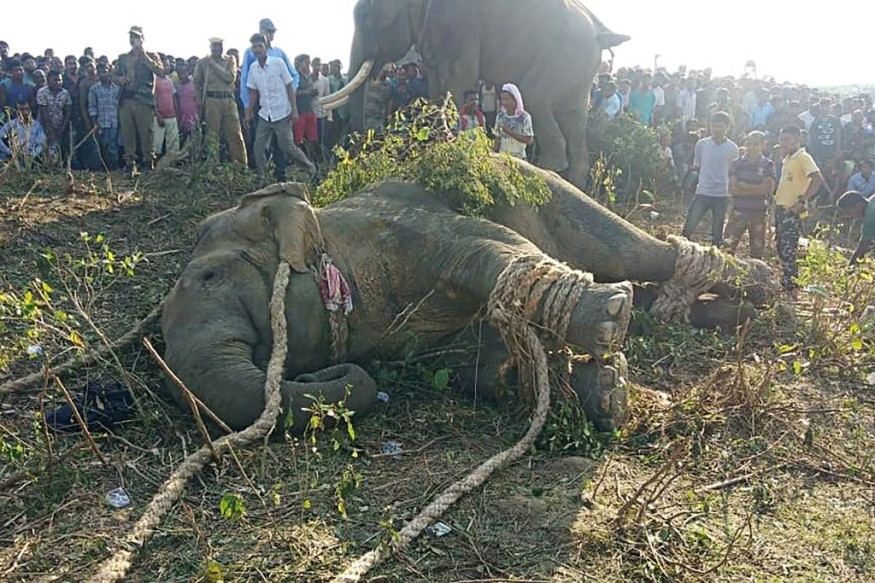An elephant trampled to death a college student in an Indian village earlier this week. Local reports on Wednesday, April 12, said the wild elephant, which was part of a herd, suddenly attacked the victim while the villagers were chasing the elephant group when it entered the Balibhasa area in the Jhargram district of West Bengal, India.
The country's forest department reportedly assured the victim's family or relatives will be compensated accordingly in relation to the attack, which only confirms that the said wild animals dubbed as the "gentle giants" tend to become violent whether in circumstances under a provoked or unprovoked attack.
The recent wild elephant attack adds to the growing cases of deadly encounter between the large mammal and humans in India in recent years. In 2022, a different elephant trampled to death a woman and came back after several hours to crush her body at her own funeral. Last year's cause of attack still remains a mystery until now, a story also covered by Nature World News.
Jhargram Elephant Attack

Local police stated the death of a 22-year-old second year college student occurred on Wednesday morning in the said area where one of the elephants in the herd suddenly broke out and attacked the victim named Sanjeeb Mahato from behind and trampled him to death, as cited by the Deccan Herald
The villagers took Mahato to a hospital but was declared by doctors as dead upon arrival to the facility, the police official adds, IBC 24 reported.
India Elephant Attacks
Experts assert that elephants, just like other wild animals, are unpredictable and can snap with little or without warning. In India, where some elephant herds and human communities closely live with each other is a testament to this danger.
Between 2014 and 2022, India's state of Odisha ranks among the list for human deaths from wild elephant attacks and it is followed by West Bengal and Jharkhand; overall, a total of 3,900 people have died from such attacks during the eight-year period, according to an RTI query by K Govindan Nampoothiry, a Kerala-based RTI campaigner, as reported by India Today.
Among the deaths, the highest number of incidents were reported between 2021 and 2022, when the South Asian country was facing a series of lockdowns due to the novel coronavirus disease (COVID-19) pandemic.
In June 2022, a wild elephant crushed a woman in her 70s to death in the Mayurbhanj district of Odisha. However, the attack did not end there as the tusked mammal came back for her corpse during her funeral.
Wild Elephant Behavior
Wild elephants are considered to possess high social skills and complex range of behaviors, ranging from being solitary, family-oriented, and engaging in aggressive behavior, according to the South African National Parks.
The park explains elephants become violent in different ways, including response to threats or challenges, as well a showing dominance or display of power to other members of their herd or outsiders.
© 2025 NatureWorldNews.com All rights reserved. Do not reproduce without permission.





